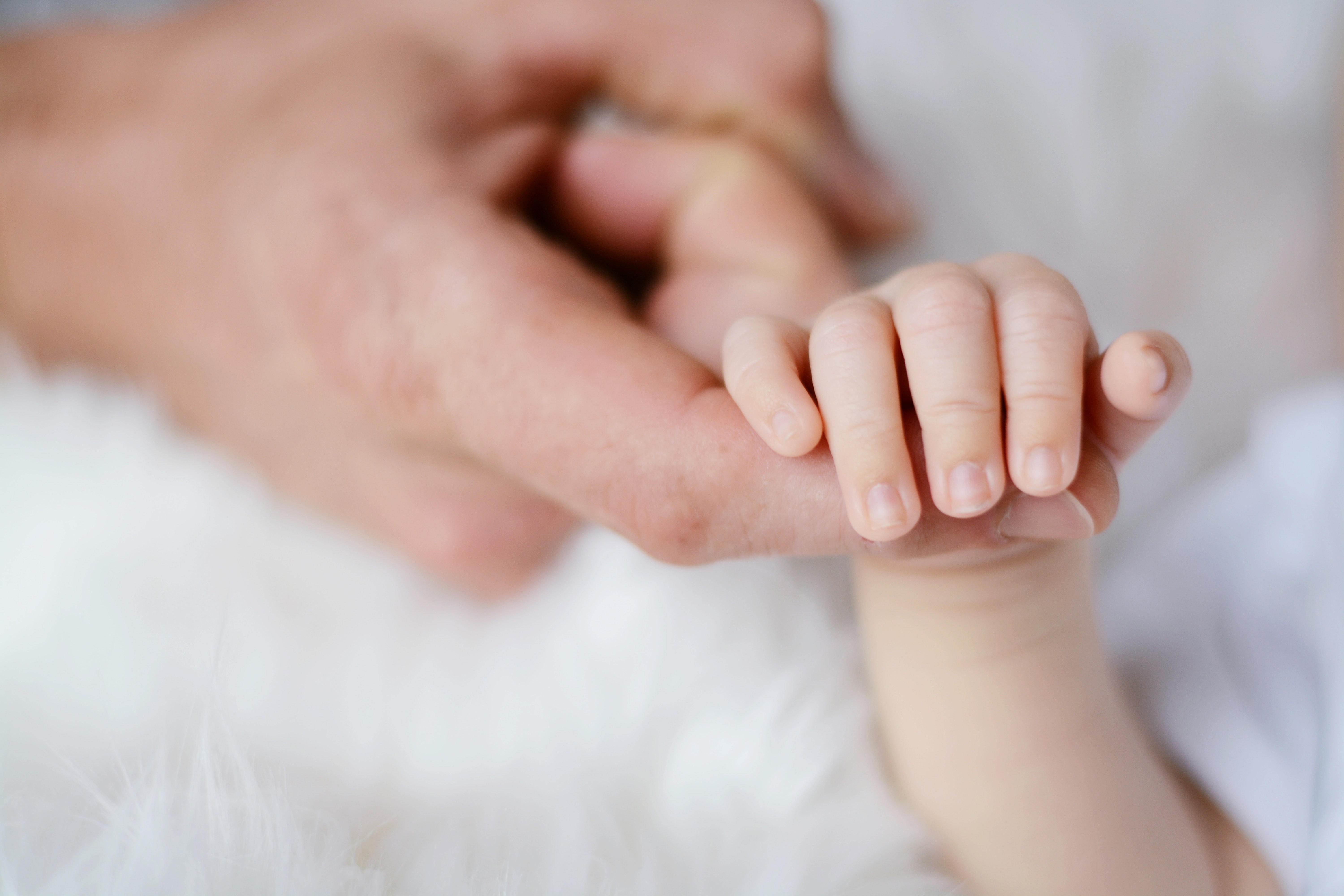The process involves hormonally controlling the ovulatory process, removing ova (eggs) from the woman’s ovaries and letting the sperm fertilize them in a culture medium by incubating & growing them into an embryo. The fertilized egg (zygote) is then transferred to the patient’s uterus with the intent to establish a successful pregnancy. It is also known as the “Test-tube baby” technique, where the egg is fertilized outside the body and the embryo(s) are introduced back into the woman’s uterus.
Who does IVF help?
- Tubal block on both sides
- Severe male infertility
- Severe endometriosis
- Unexplained infertility
- Advanced age of both partners
- Married for more than 7 – 8 yrs
- 3 to 4 failed IUI
- Donor egg / sperm
Treatment Programme
The woman is given hormonal injections to stimulate her ovaries for the development of several mature follicles. Each of these follicles may contain an egg. The recruitment and development of the follicles is regularly monitored by ultrasound scans and hormonal tests. This is to ensure that the ovarian stimulation is both safe and effective. This enables us to collect and fertilise several eggs, thereby giving you a better chance of achieving a pregnancy.
Once mature follicles have been produced the eggs are collected using an ultrasound-guided needle through the vaginal wall and into the ovary. This procedure is performed under anesthesia. The collected eggs are then placed into the culture medium in the embryology laboratory.
The male partner produces a semen sample on the same day, which is also prepared in the laboratory. The aim of the preparation process is to harvest a good number of motile, normal looking sperm. Measured amounts of the prepared sperm are then cultured, overnight, with the eggs.
Next morning the eggs are inspected for signs of fertilization. Those eggs that have normal fertilization are cultured in the laboratory for another 24 – 48 hours. The development of the embryos is monitored and the patients are kept advised of their progress.
Our Fertility Specialist then performs the embryo transfer procedure on Day 3 or Day 5 of the embryo’s growth.. The selected embryos are introduced, through a fine catheter, into the woman’s uterus. Typically 2-3 embryos are transferred, depending on the patient’s circumstances. The embryo transfer procedure takes no more than half an hour and few women experience any discomfort. Once the embryos have been transferred, you will resume light activities.The remaining embryos are kept safe by freezing them (Cryopreservation).
After IVF, Results will be known in 2 weeks and successful patients can go back immediately. The success rate for IVF is typically 30 – 40% per treatment cycle. However, the success rate is dependent on many factors, such as the age of the woman.
What are the chances of success
The success rate for IVF is typically 30% – 40% per treatment cycle.Meet Our Doctors
Our administration and support staff all have exceptional people skills and trained to assist you with all medical enquiries.

Dr.Archana Ambujan
Director and Fertility Consultant

Dr.Narmada
Embryologist

